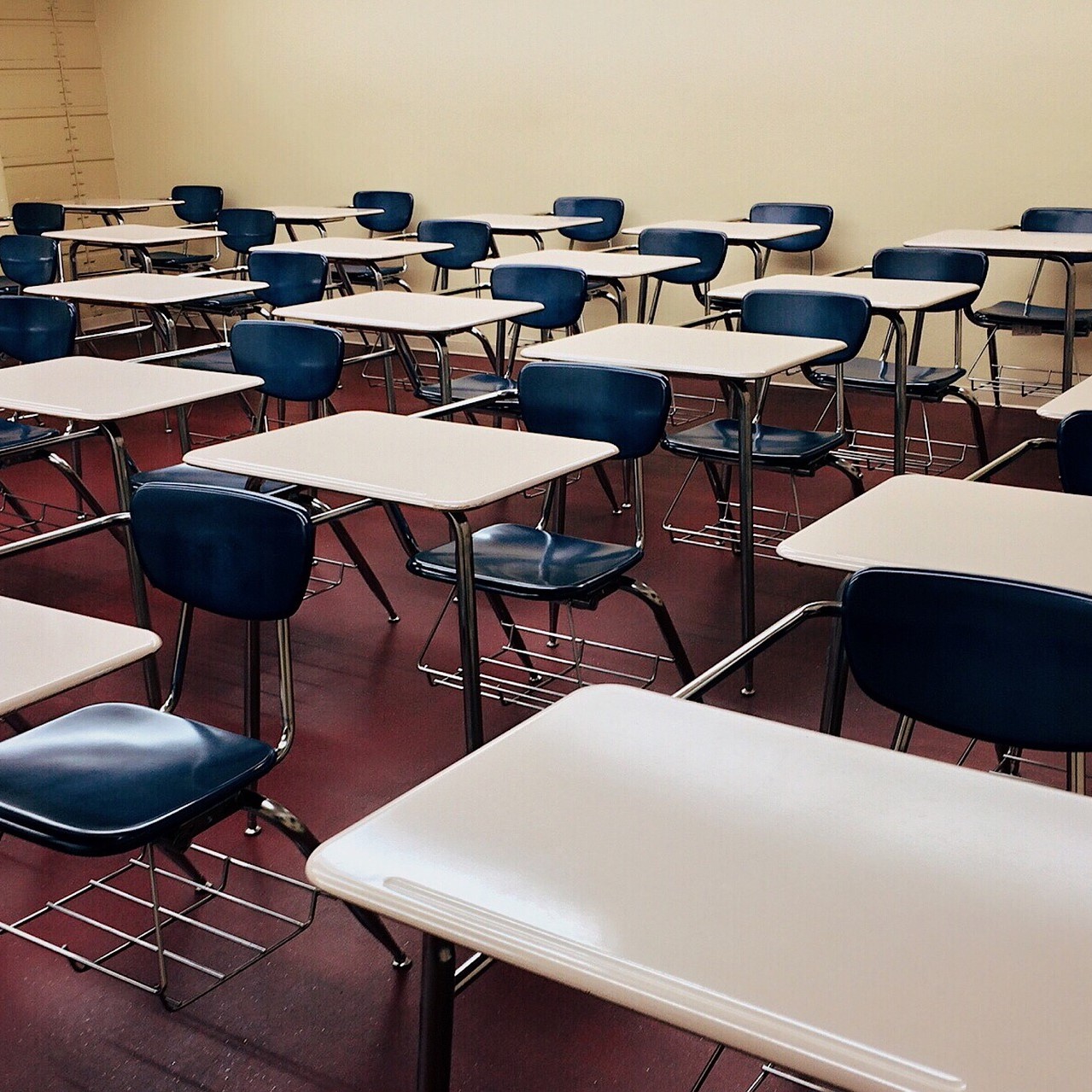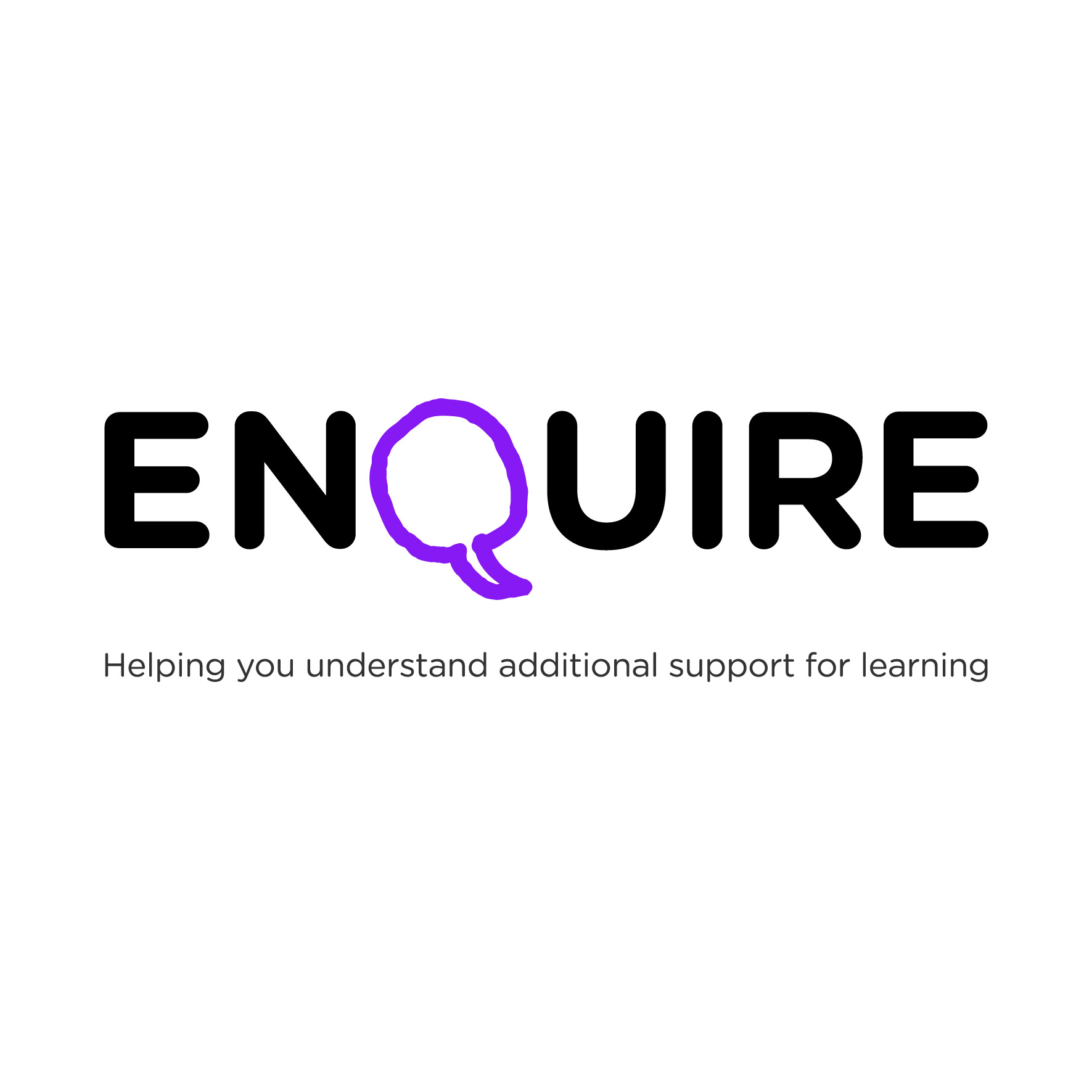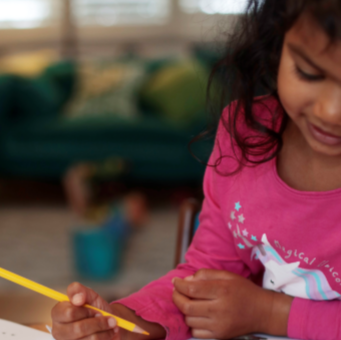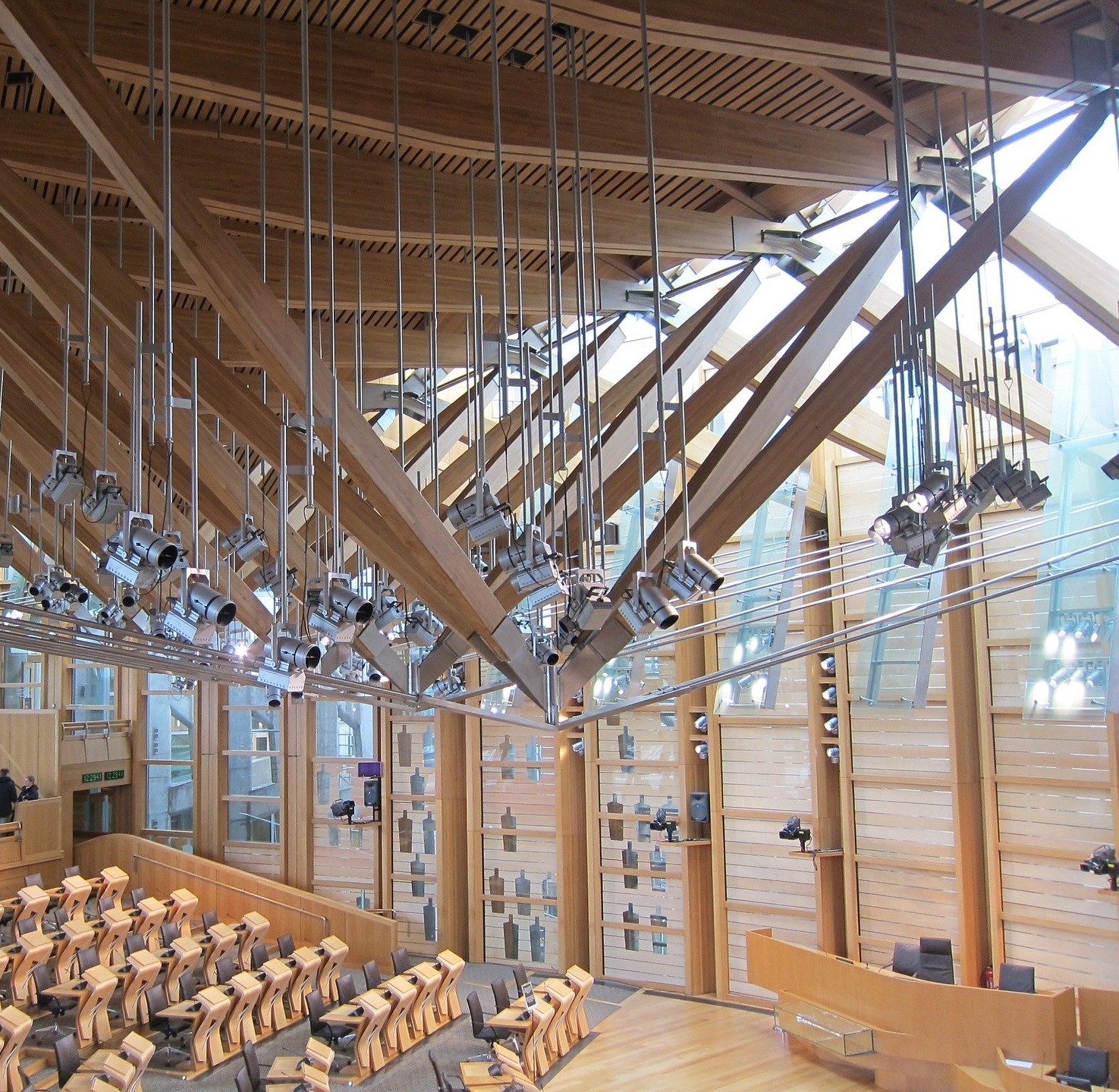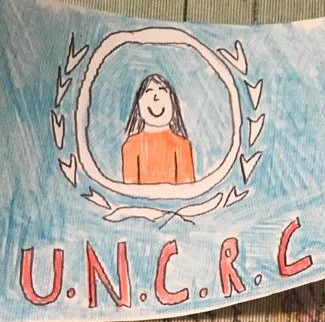3 June 2021
Children in Scotland is supporting calls for an urgent change to the exams appeals process and highlighting wider failures in engagement with young people following the SQA’s announcement of plans for the alternative certification of results.
The charity’s position is based on the views and evidence of young people it works with and comes ahead of today’s education debate at Holyrood.
Amy Woodhouse, Children in Scotland’s Joint Interim Chief Executive and Head of Policy, Projects & Participation said:
“We have been talking to young people about their exam concerns for over a year now, and unfortunately their message to us, the SQA and to Scottish Government remains largely unchanged.
The decisions made don't seem to reflect their views or needs. They seem unhelpful and confusing and are likely to cause further worry rather than ameliorate young people's concerns.
Amongst many problems apparent with the 2021 assessments and the SQA’s proposals for the Alternative Certification Model is the appeals process. Under the plans, any appeal by a young person carries the risk of their result being downgraded and is therefore a significant disincentive to them.
We believe that there should be a rule of ‘no detriment on appeals’ and that all appeals must be considered on a case by case, individual basis.
We are particularly concerned about the impact this process may have on young people with additional support needs, and we ask Scottish Government what considerations are being given to their needs in this process.
We fully support the position of the Children and Young People’s Commissioner Scotland and the Scottish Youth Parliament. They have identified flaws in the appeals process; the barriers faced by young people with additional needs accessing education over the past year; and notably tokenistic engagement from Scottish Government with young people on the issue of assessments.
We are very concerned that few lessons have been learnt from the 2020 SQA review last year, which we supported young people to take part in. The review recognised the importance of pupil voice, acknowledging that 'pupils need an input into this’ and that teachers and pupils should be consulted because they have 'a lot of good ideas'.
It was clear at this stage that children and young people wanted meaningful dialogue and input into what their experience of assessments in 2021 would be. This has not happened.
Young people on the group that contributed to the review said of the 2020 exam programme that it happened too quickly and was inconsistent: 'They pushed us off a cliff'.
Discussing the lack of communication with them in 2020, they said 'We were never reassured'. It was clear at this stage that children and young people wanted meaningful dialogue and input into what their experience of assessments in 2021 would be.
Our position on this issue is directly informed by the views of young people we have worked with during the pandemic.
Members of our children and young people’s advisory group Changing our World told us that, on this issue they want ‘change, not talk’.
They said they would like to see greater choice over assessments; a more holistic approach; and ‘less stressful’ graded projects throughout the year rather than a rush of intense assessment at the end. They have talked about assessments as being a source of real stress and anxiety.
They also told us that a rights-based approach to education must involve engaging with children and young people in a genuine, not tokenistic way.
Young people participating in the Education Recovery Youth Panel, set up to develop the response of the education system to Covid, also highlighted the need for a more holistic approach, arguing for different models of assessment for different people and the inappropriateness of a ‘one size fits all’ model.
Members of the Inclusion Ambassadors network we work with have raised the issue of problems in engagement with home learning and worries about how this will affect their ability to engage with exams and assessments.
Evidence from the Inclusion Ambassadors and our My Rights My Say service suggests that many young people with additional needs are contending with particular stress and uncertainty in relation to exams and assessments.
In total, this evidence confirms to us what is already recognised: young people’s mental health and wellbeing has been severely affected by the impact of coronavirus over the past year – and their experience of assessments has added a further completely unnecessary layer of stress, anxiety and exhaustion.
The evidence about what young people want is there and clear to see. The SQA and Scottish Government have failed in their responsibility to act on it.”


